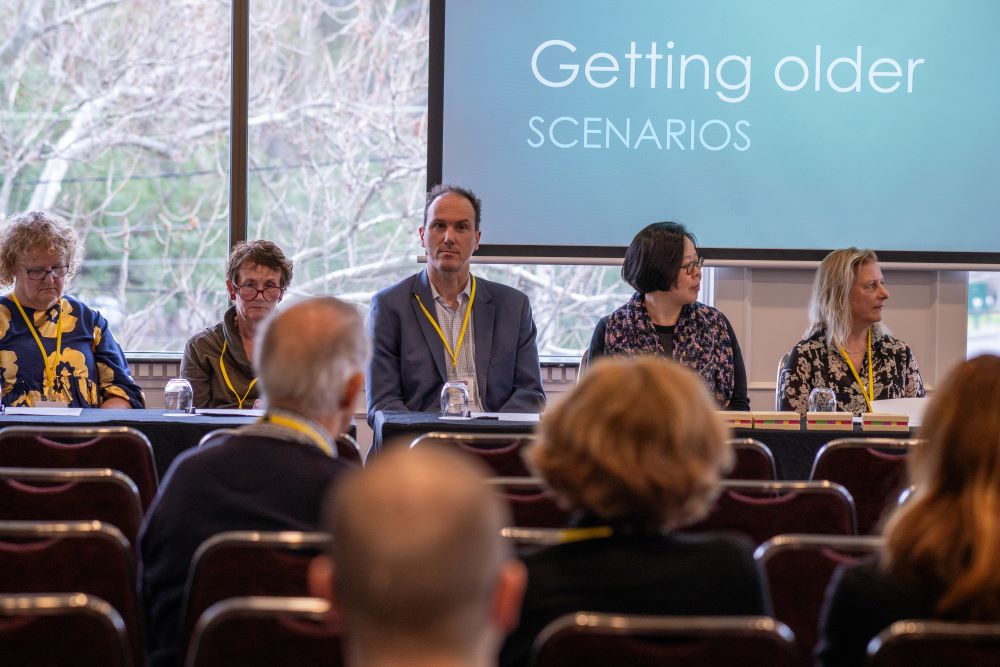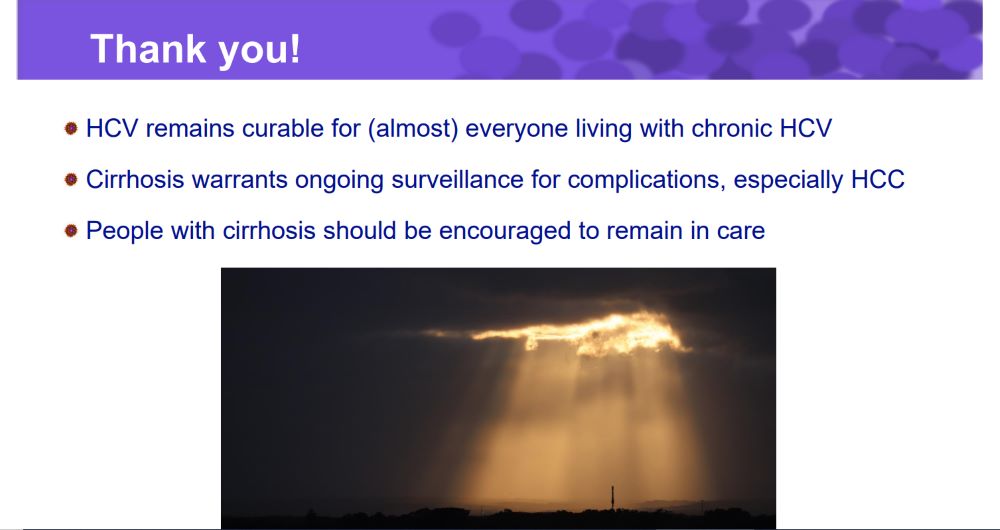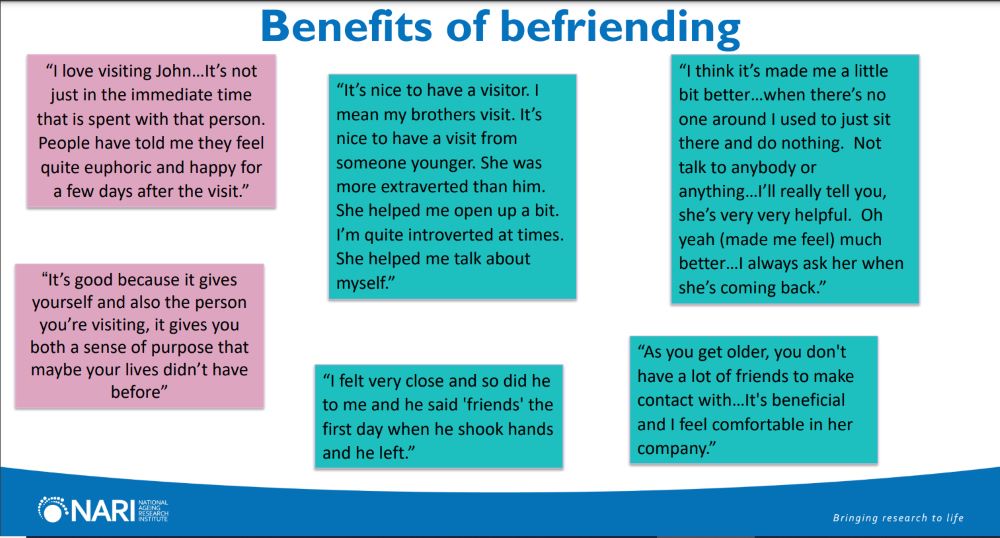NICOLETTA CROLLINI
Nicoletta Crollini is Haemophilia Social Worker at the Royal Prince Alfred Hospital, Sydney, NSW
Getting older
Chair ~ Suzanne O’Callaghan
Personal story ~ Mike
Medical issues ~ Dr Liane Khoo
Hep C and liver health ~ Dr David Iser
Social connection ~ Marcia Fearn
Panel discussion and Q&A~
Speakers; and nurse: Jayne Treagust; physiotherapist: Cathy Haley; psychosocial worker: Kathryn Body
I was eager to attend the Getting Older session as, thanks to advancements in treatment, people with inherited bleeding disorders are living longer and longer. This session was highly informative, and included stories from those with a lived experience and a panel of experts who are supporting the inherited bleeding disorder community as they get older.

The session began with Mike, who spoke about the challenges of growing up with severe haemophilia, how developments in treatment have allowed him to be more active and how his hope is for this to continue. Mike explained that he leads a very social life, which he enjoys and has found this to be a meaningful aspect of ageing.
The session continued with Dr Liane Khoo outlining medical aspects of getting older with an inherited bleeding disorder. Dr Khoo stressed the importance of health promotion, as good health and quality of life is a major goal for patients, their families and carers. Dr Khoo explained that upskilling general practitioners and educating other specialists are important for dealing with the complications of ageing associated with inherited bleeding disorders.

Dr David Iser discussed the Australian experience of treating hepatitis C, which has been positive, particularly for those with inherited bleeding disorders, who were some of the earliest cured of the disease. Dr Iser explained that if a person is reinfected with hepatitis C, they can be re-treated and that treatment is still covered by the PBS. Dr Iser outlined the importance of testing and monitoring liver cirrhosis even after cure of hepatitis C, stressing that testing and monitoring is non-invasive.

Marcia Fearn discussed the importance of social connection as loneliness has been identified as contributing to several physical and mental health issues. Supporting and maintaining existing connections, engaging in new social connections (such as joining a social group or volunteering) and supporting one’s mental wellbeing were all identified as measures to help prevent loneliness.

The session concluded with a robust discussion amongst panel members: Mike, Dr Liane Khoo, Dr David Iser, Marcia Fearn, Jayne Treagust (Nurse), Cathy Haley (Physiotherapist) and Kathryn Body (Psychosocial worker).
Haemophilia Foundation Australia acknowledges the Traditional Owners and Custodians of Country throughout Australia, the land, waters and community where we walk, live, meet and work. We pay our respects to Elders past and present and extend that respect to all Aboriginal and Torres Strait Islander peoples.
Sign up for the latest news, events and our free National Haemophilia magazine